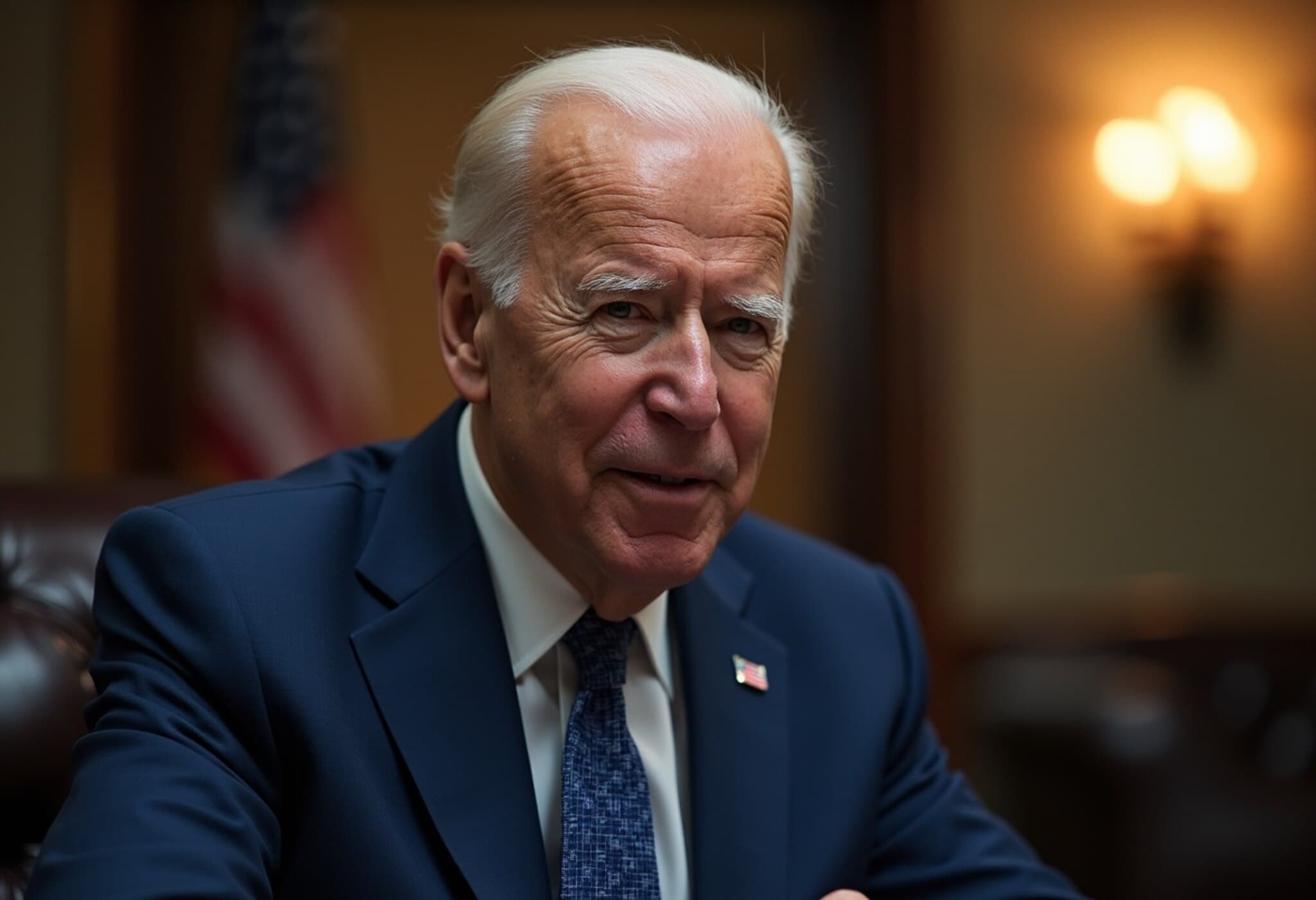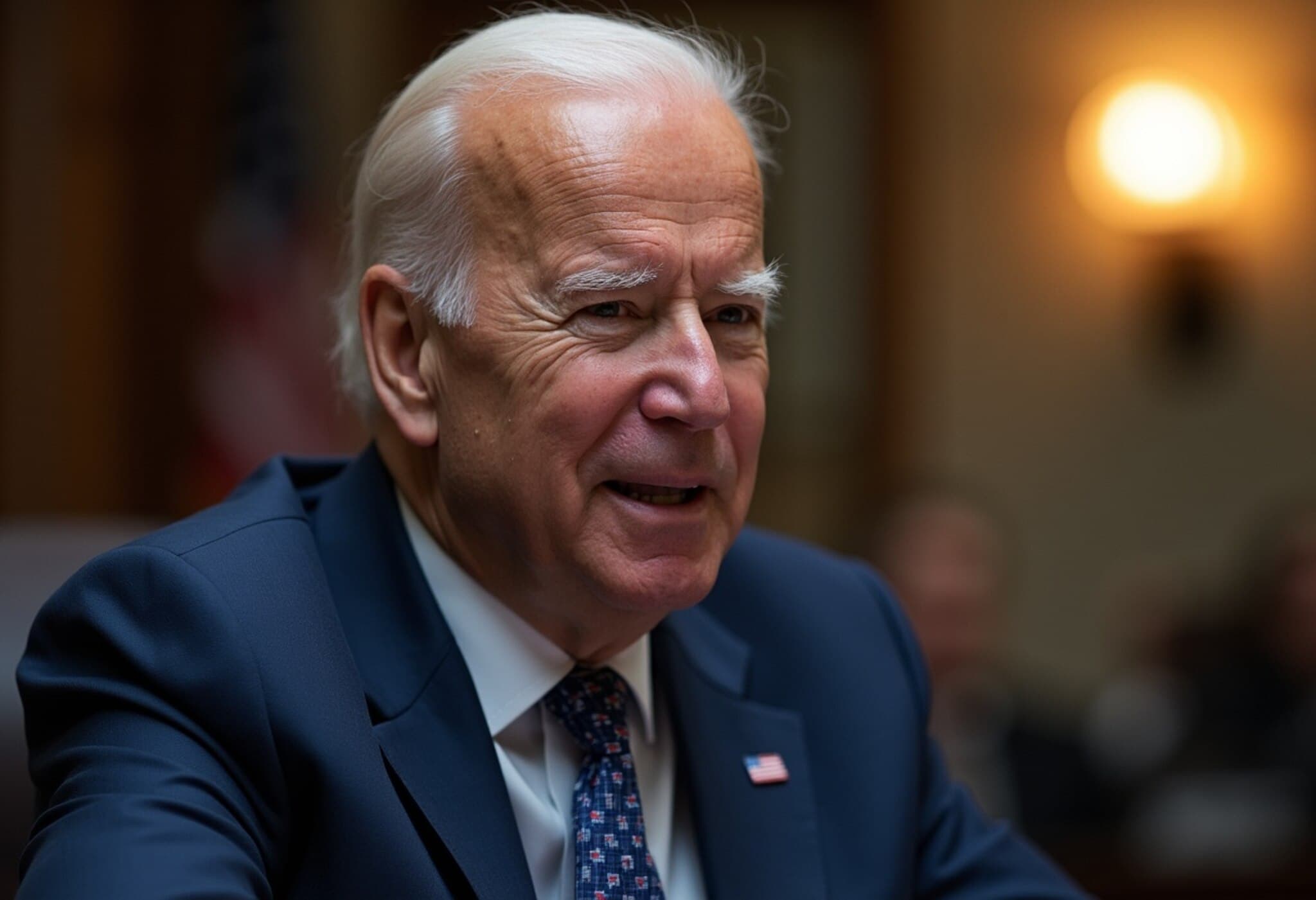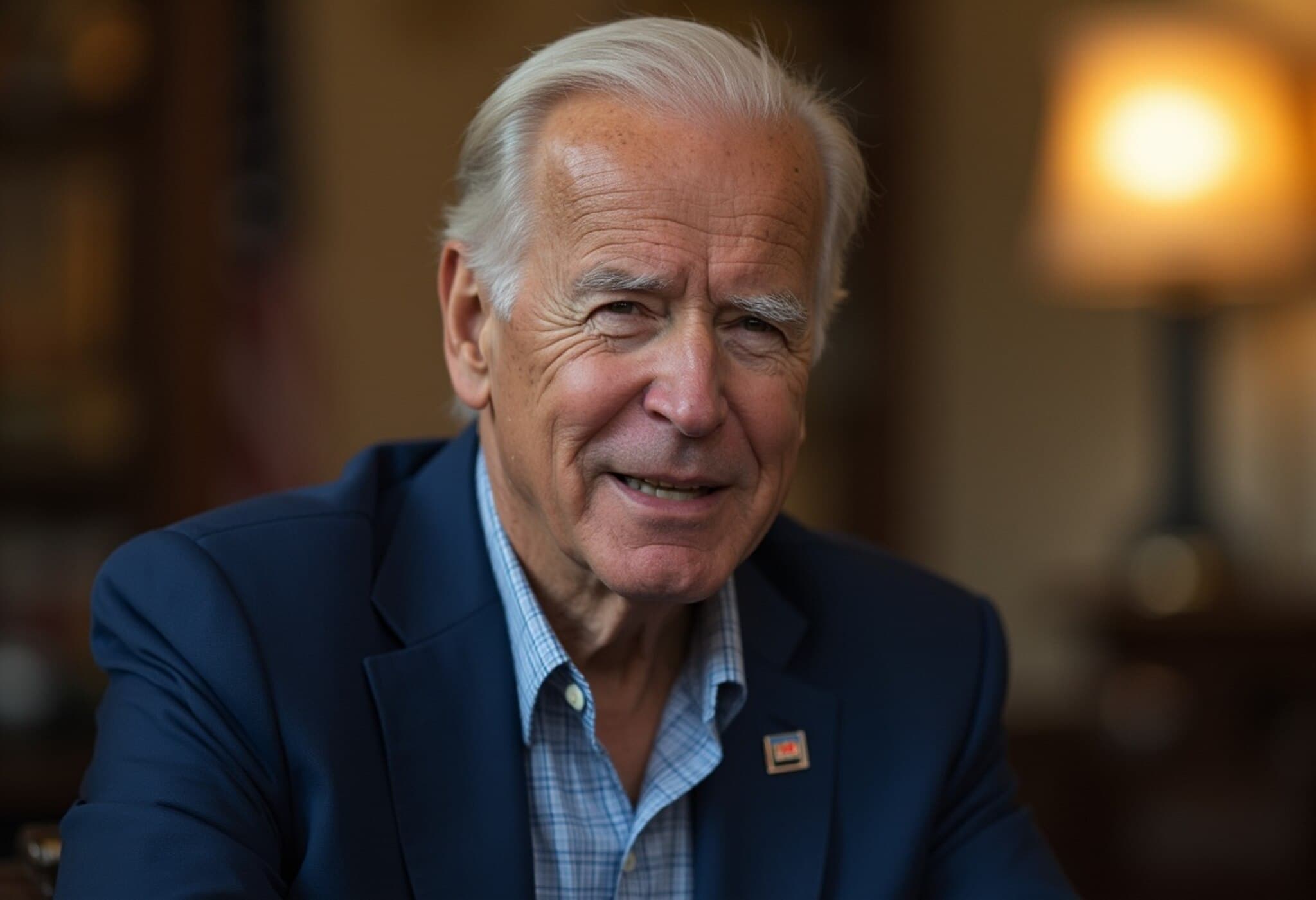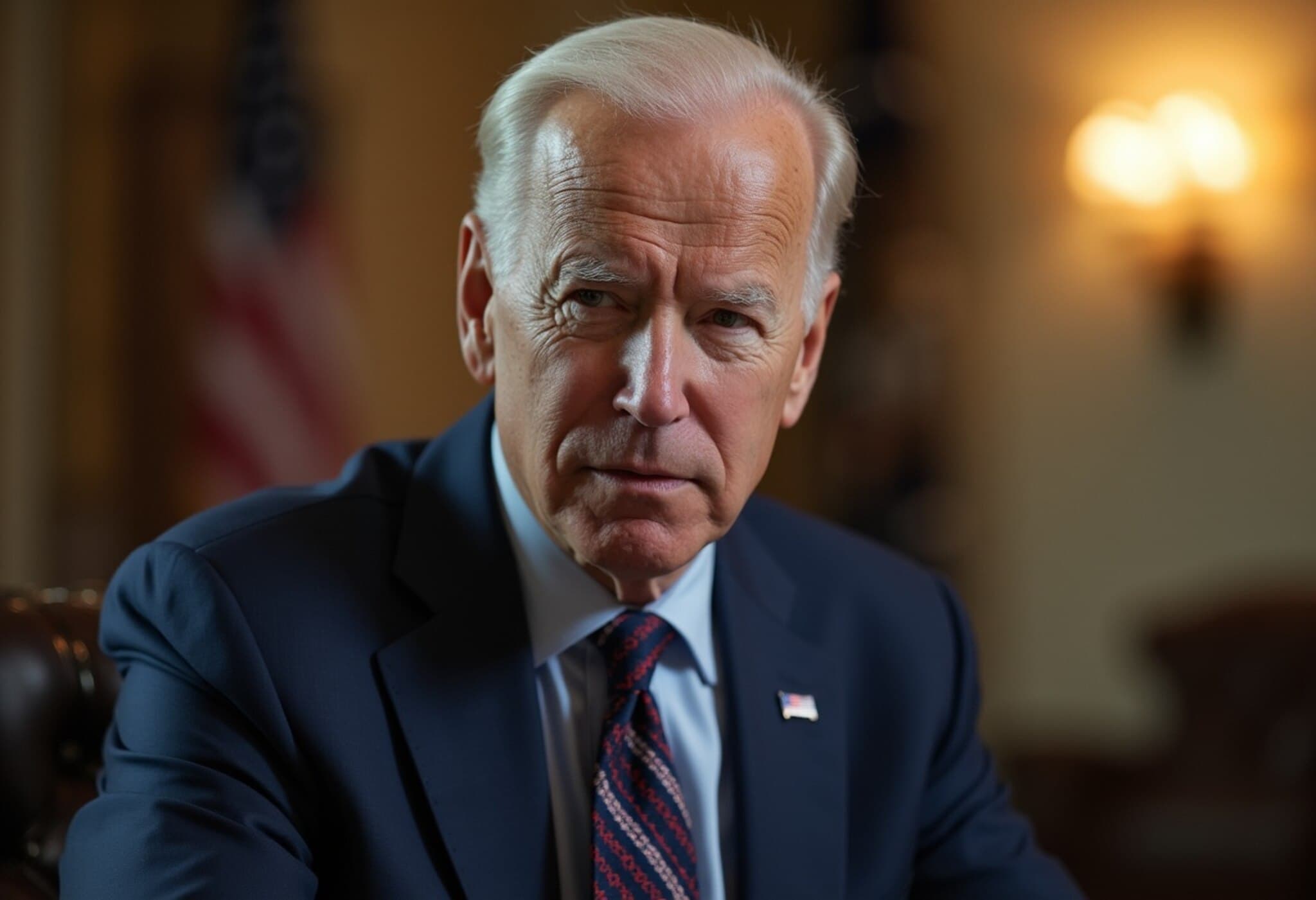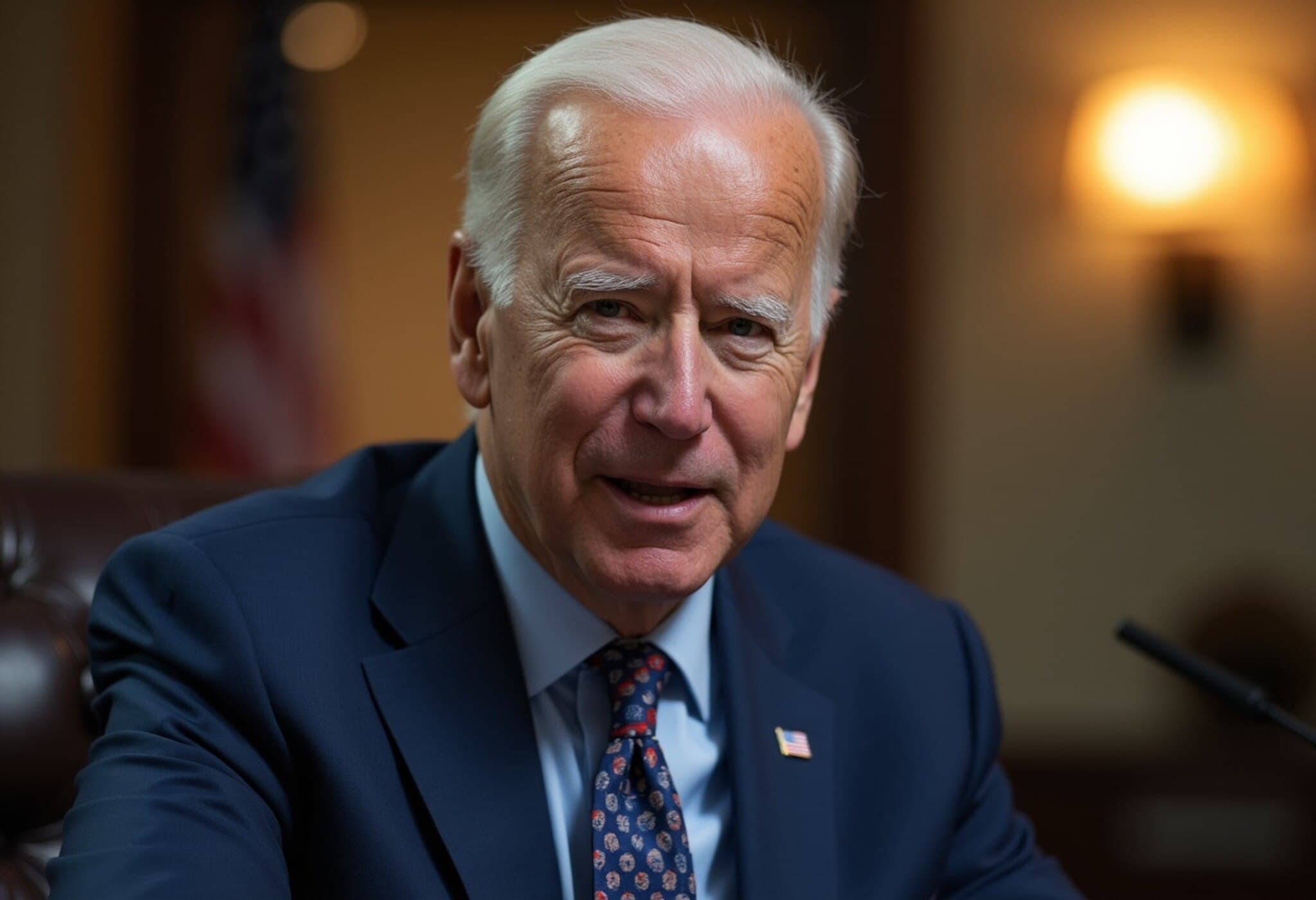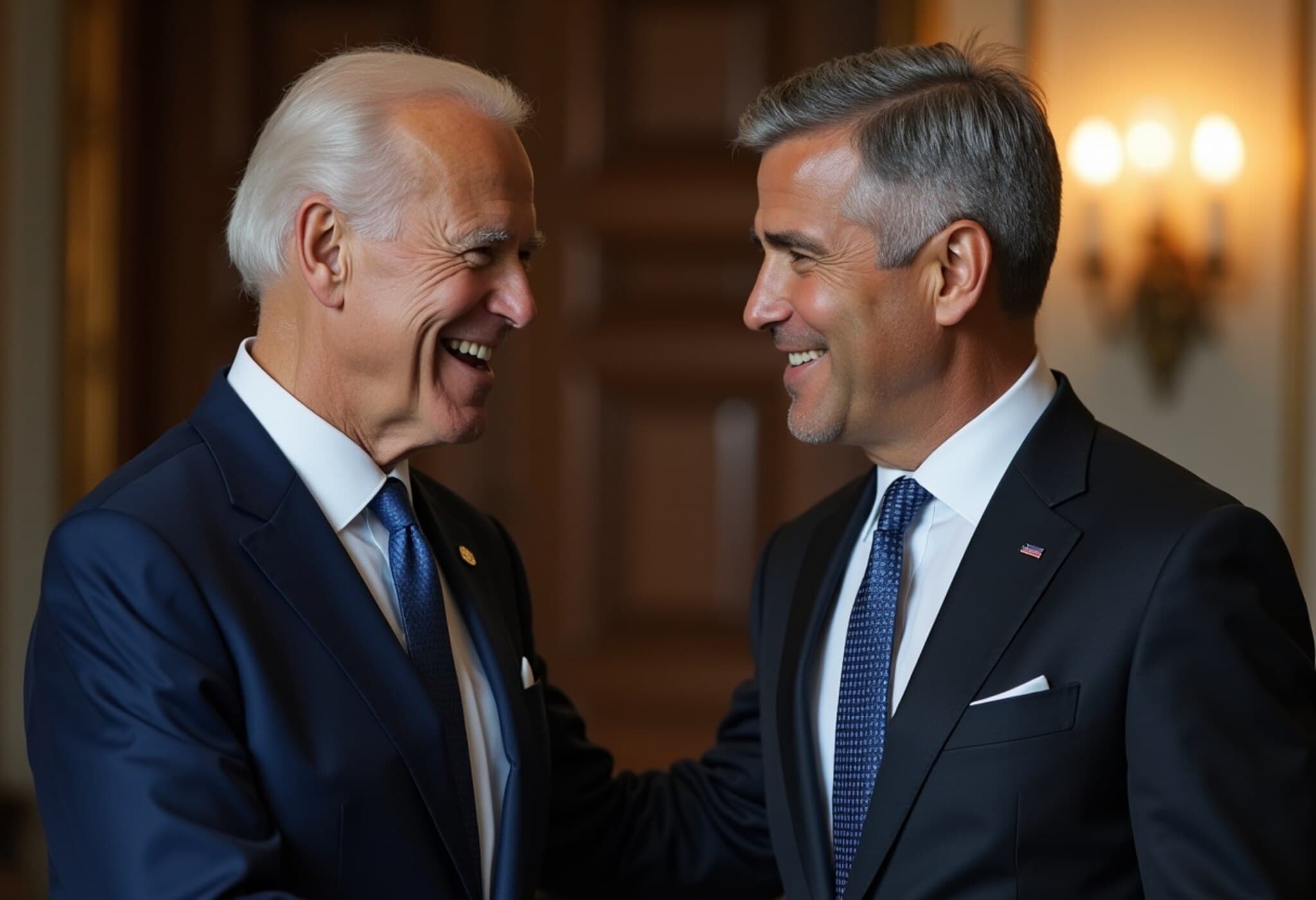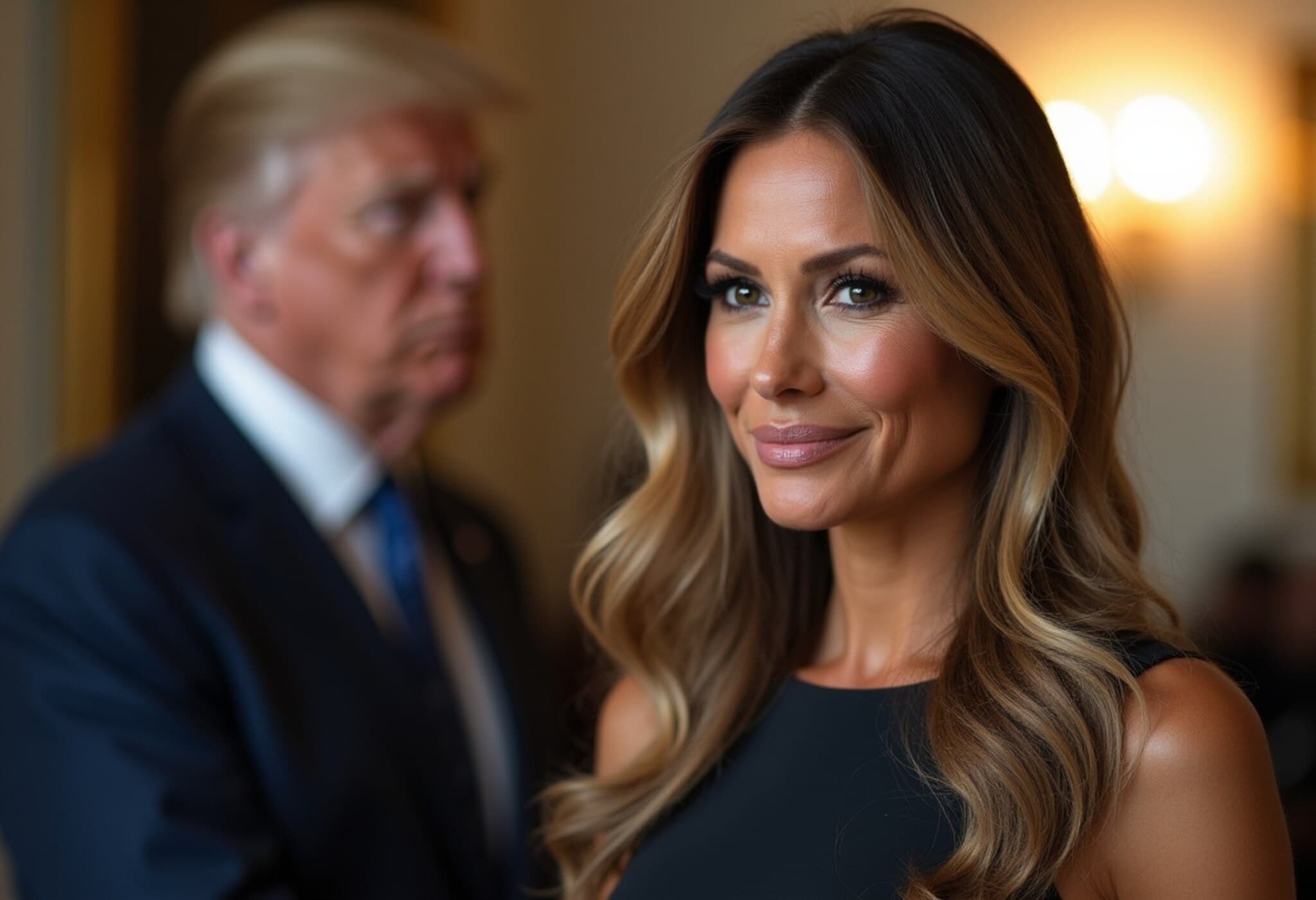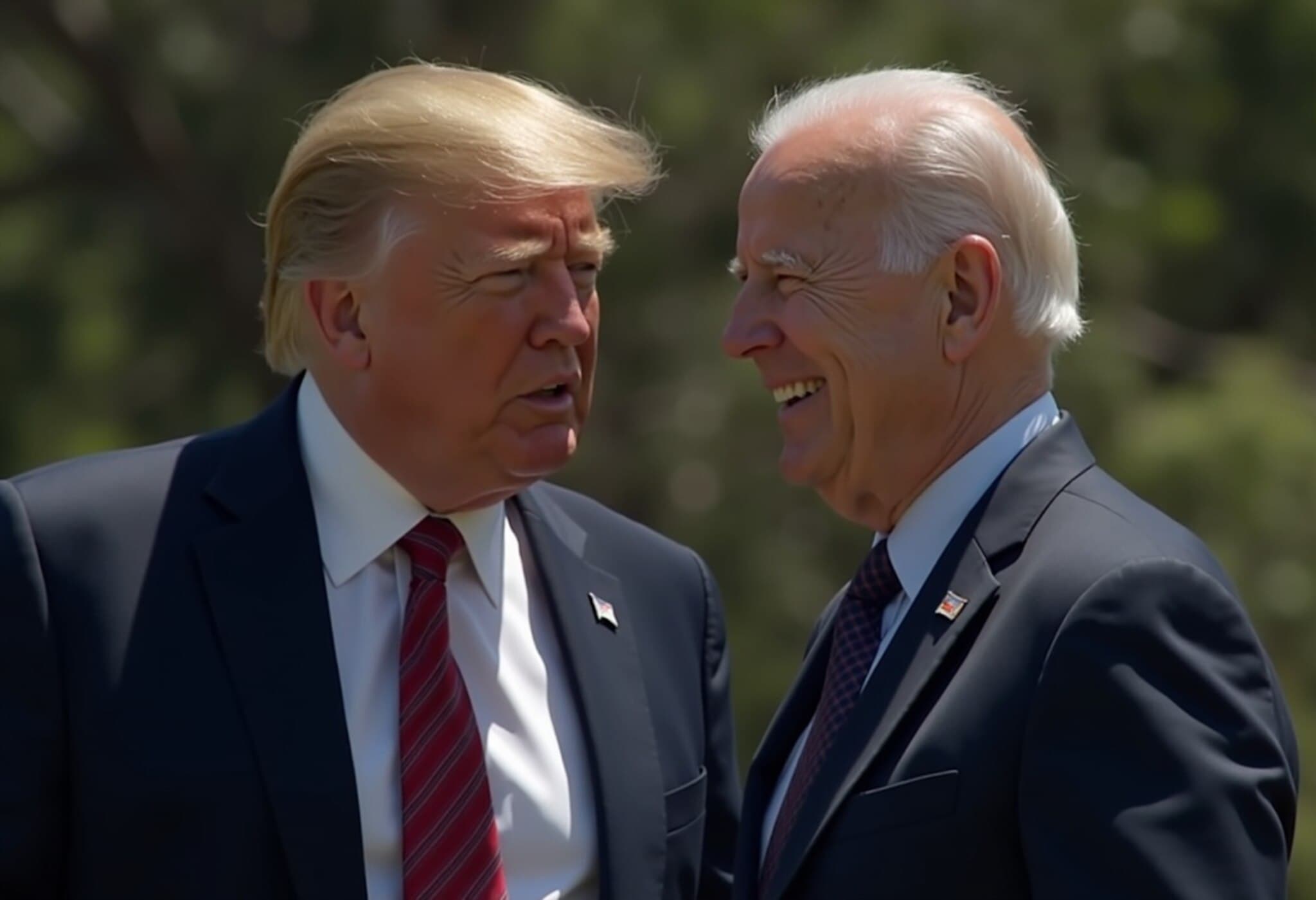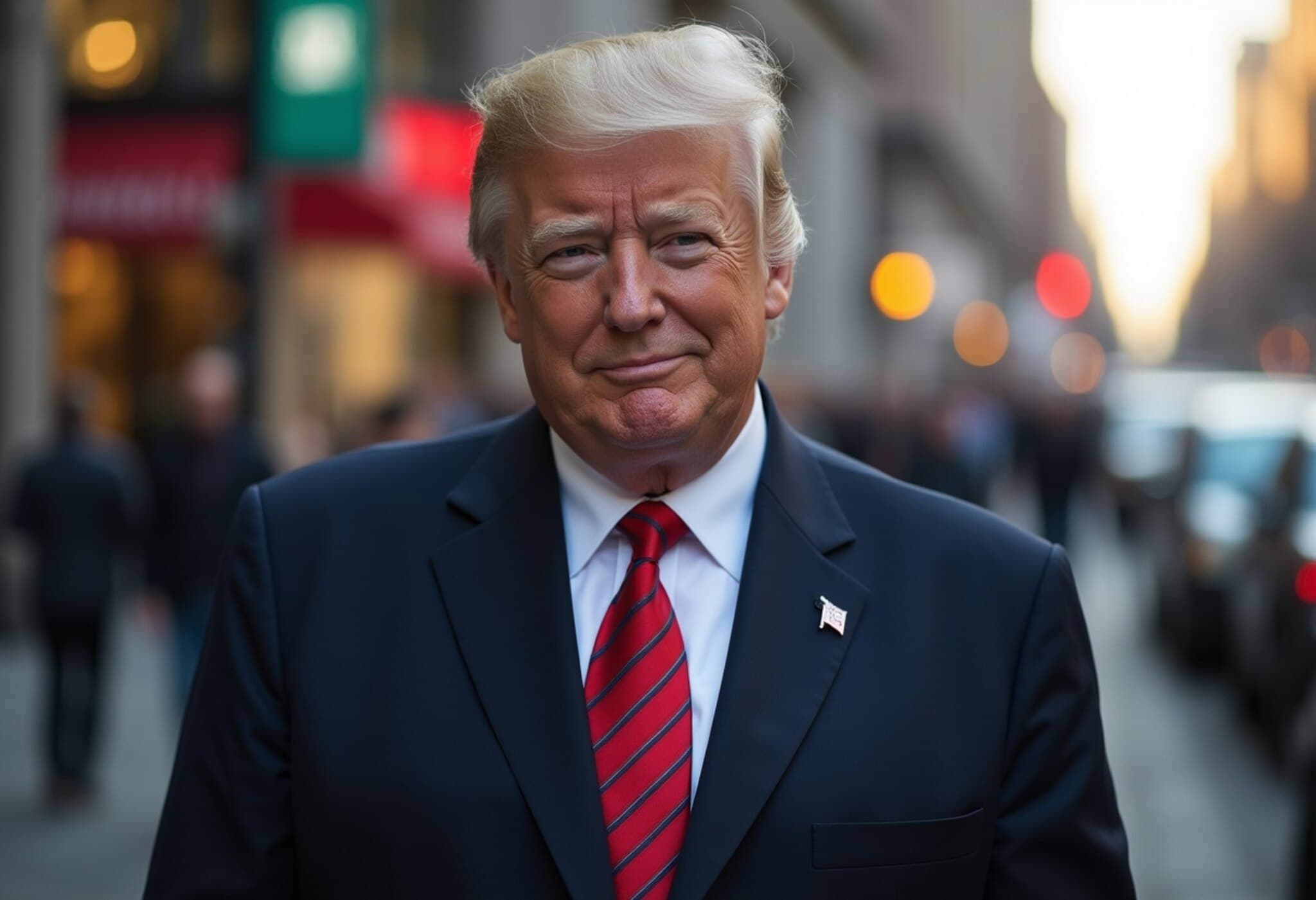Hunter Biden Links President’s Debate Struggles to Ambien and Exhaustion
In a candid new interview released exactly one year after President Joe Biden withdrew from the 2024 presidential race, Hunter Biden offered a revealing perspective on what he believes contributed to his father’s widely criticized debate performance against then-candidate Donald Trump. Hunter pointed to the prescription sleep aid Ambien, combined with the intense travel schedule and the President’s age, as significant factors behind the stumbling and disengaged demeanor seen on stage.
The Debate That Changed the Race
During the June 2024 debate, many viewers noticed Biden’s uncharacteristically halting answers, raspy voice, and lack of focus. The moment sparked an immediate and ongoing debate about the President’s physical and cognitive fitness to serve another term. Hunter Biden’s remarks now add a more intimate, off-camera explanation for what happened during that pivotal night.
"He flew around the world basically... he's 81 years old, he's tired as s---, they give him Ambien to be able to sleep," Hunter recounted in the interview. "He gets up on the stage and he looks like he's a deer in the headlights." This image of vulnerability and exhaustion resonates with many Americans who have witnessed the taxing realities faced by older leaders in high-stakes roles.
Official Responses and Political Repercussions
At the time, Biden’s campaign attributed his hoarse voice to a seasonal cold, while the President himself acknowledged that his demanding itinerary preceding the debate likely impacted his readiness. Yet Hunter Biden’s candid admission about Ambien marks the first public acknowledgment of medication playing a role.
The fallout from that debate was swift. A month later, Biden announced his withdrawal from the presidential contest, paving the way for Vice President Kamala Harris to take the Democratic nomination forward.
Scrutiny Over Biden’s Cognitive Fitness Intensifies
Hunter’s statements arrive amid growing Republican-led congressional investigations into President Biden’s mental acuity during his later years in office. High-profile White House figures, including Biden’s deputy chief of staff Annie Tomasini, the chief of staff to First Lady Jill Biden, Anthony Bernal, and Dr. Kevin O’Connor, Biden’s physician, have been called to testify under oath.
Notably, all three officials have invoked the Fifth Amendment, declining to answer questions—a move frequently observed in contentious political inquiries. These congressional probes echo past politically charged investigations, such as those surrounding the events of January 6 and the aftermath of the 2020 election.
Broader Implications for American Politics and Leadership
Hunter Biden’s disclosure raises important questions about the transparency surrounding the health and capabilities of aging political leaders, especially those with demanding international and domestic responsibilities. It also adds fuel to partisan debates about the suitability of President Biden for another term, framing the narrative not merely as political rivalry but as an urgent discussion about the intersection of medical privacy, public accountability, and effective governance.
For voters and policymakers alike, these revelations emphasize the human costs tied to the relentless pace of presidential life—combining physical exhaustion, medication effects, and the ever-watchful public eye.
Editor’s Note
The intersection of health, medication, and leadership readiness is a complex and often underreported topic in American politics. Hunter Biden’s candid comments shed light on the human challenges President Joe Biden faced behind the scenes, reminding us that age and health are critical factors in leadership performance. As congressional investigations continue, this story raises broader questions about transparency and the mechanisms in place to ensure elected officials are fully capable of serving their country. How should the public balance privacy concerns with the need for accountability? And how might this influence future electoral decisions? These remain pressing questions for democratic society.

